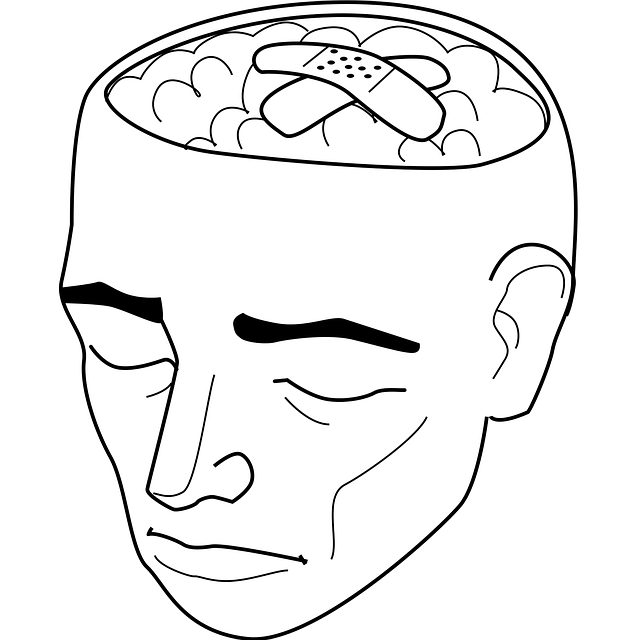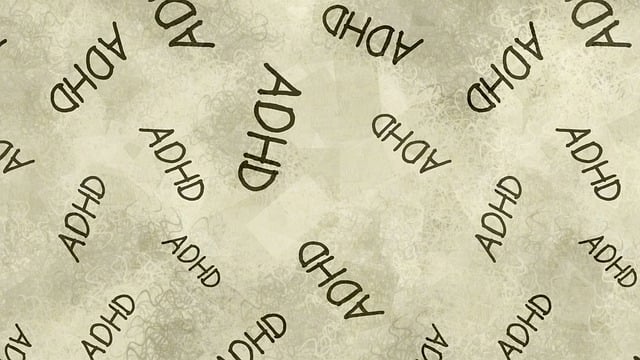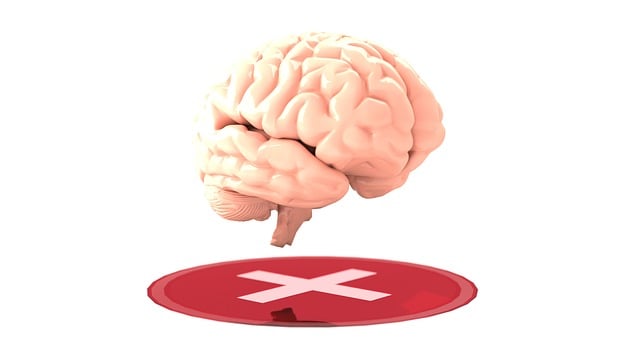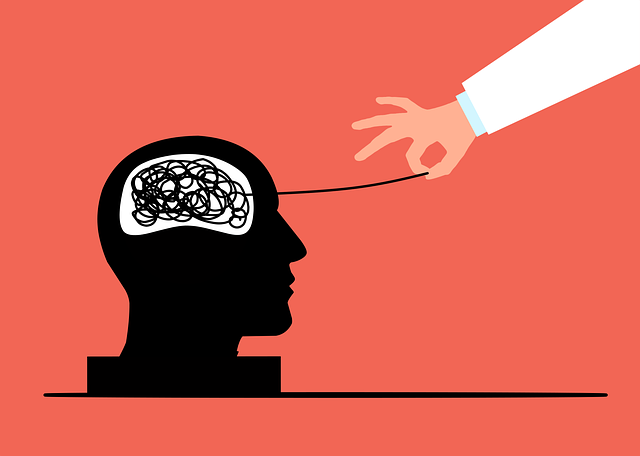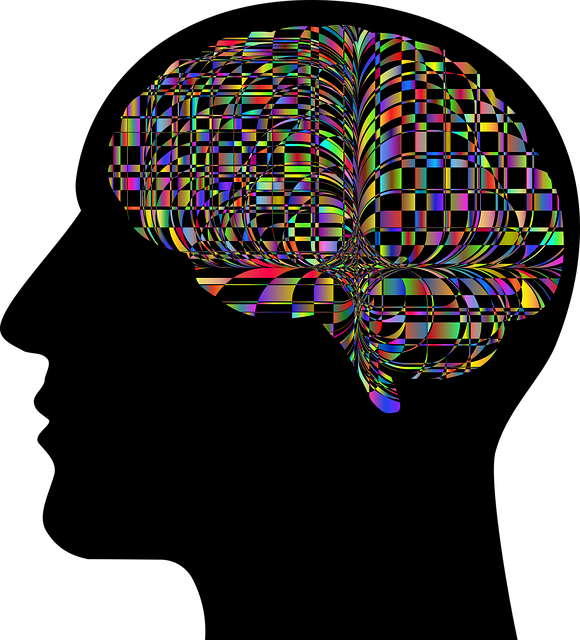Cultural competency is a core aspect of modern healthcare, particularly within mental health services like those offered by Aurora Divorce Therapy. Recognizing and respecting diverse cultural backgrounds enhances patient care, outcomes, and satisfaction. Aurora leads in culturally sensitive therapy through specialized training programs that empower therapists to address varied needs via interactive workshops and scenario simulations, fostering inclusive environments. Effective training should create safe dialogue spaces, incorporate role-playing, mental wellness journaling exercises, and public awareness campaign components, integrating best practices from Mental Health Education Programs. Continuous improvement involves regular evaluation using pre/post assessments, patient outcome comparisons, and participant feedback, with Compassion Cultivation Practices showing significant benefits in provider-patient communication.
Healthcare provider cultural competency training is an essential component of modern medical practice. As diverse communities become the norm, understanding cultural nuances is crucial for delivering quality care. This article explores the vital role of cultural competency in healthcare, highlighting the contributions of pioneers like Aurora Divorce Therapy in fostering sensitivity. We delve into key components of effective training programs and offer strategies for measuring impact and continuous improvement, emphasizing the importance of ongoing education for healthcare providers.
- Understanding Cultural Competency in Healthcare: A Necessary Foundation
- The Role of Aurora Divorce Therapy in Fostering Cultural Sensitivity
- Key Components of Effective Training Programs
- Measuring Impact and Continuous Improvement Strategies
Understanding Cultural Competency in Healthcare: A Necessary Foundation

In today’s diverse society, cultural competency within healthcare is no longer an option but a necessity. Understanding and respecting various cultures, traditions, and beliefs are fundamental aspects of delivering quality care to all patients, especially those seeking services from providers like Aurora Divorce Therapy. Cultural sensitivity in mental healthcare practice involves recognizing that every individual enters the therapy room with their own unique background, experiences, and expectations, which can significantly impact their journey towards mental wellness.
This concept extends beyond simple awareness; it requires healthcare professionals to actively incorporate cultural considerations into their practices. For instance, mental wellness podcast series production can be tailored to cater to diverse audiences by featuring stories and perspectives from different cultural backgrounds. Similarly, stress management workshops organization should consider the cultural relevance of techniques and activities to ensure inclusivity and effectiveness. By embracing these strategies, healthcare providers can foster a more inclusive environment, ultimately enhancing patient outcomes and satisfaction.
The Role of Aurora Divorce Therapy in Fostering Cultural Sensitivity

Aurora Divorce Therapy stands as a beacon of cultural sensitivity within the mental healthcare landscape. Their comprehensive training programs are meticulously designed to equip therapists with the tools needed to navigate diverse cultural backgrounds and beliefs, fostering an inclusive environment for all clients. Through interactive workshops and real-world scenario simulations, therapists learn effective communication strategies that bridge gaps and build bridges between different cultures.
This approach not only enhances the quality of care but also promotes self-esteem improvement and empathy building strategies among individuals from various ethnic, racial, and socio-economic backgrounds. By recognizing and respecting cultural differences, Aurora Divorce Therapy ensures that every client receives personalized attention tailored to their unique needs, ultimately leading to more successful outcomes and stronger, healthier relationships.
Key Components of Effective Training Programs

Effective cultural competency training programs for healthcare providers should incorporate several key components. First and foremost, they must foster an environment where open dialogue is encouraged. This involves creating safe spaces for participants to share their experiences, perspectives, and challenges related to cultural differences. Interactive workshops and role-playing scenarios can significantly enhance this process, allowing professionals to practice navigating complex situations with diverse patients.
Additionally, these programs should offer comprehensive guidance on mental wellness journaling exercises tailored to the unique needs of healthcare workers. Such exercises promote self-reflection, emotional awareness, and coping strategies for managing stress related to cultural interactions. Integrating these practices alongside theoretical knowledge ensures that participants gain practical tools to apply in their daily work, such as those offered by Aurora Divorce Therapy. The design should also include components for public awareness campaigns development, aiming to educate the wider community about cultural competency and mental health, thereby fostering a more inclusive healthcare environment. Moreover, integrating best practices from Mental Health Education Programs can provide valuable insights into effective communication techniques and cultural sensitivity training methods.
Measuring Impact and Continuous Improvement Strategies

Evaluating the effectiveness of cultural competency training is crucial to ensure that healthcare providers are equipped to deliver quality care to diverse patient populations. Measuring impact can involve pre- and post-training assessments, comparing patient outcomes, and gathering feedback from participants and their communities. At Aurora Divorce Therapy, for instance, we’ve found that implementing Compassion Cultivation Practices has led to significant improvements in provider-patient communication, particularly when dealing with sensitive topics related to trauma and cultural differences.
To ensure continuous improvement, organizations should foster a culture of learning and adaptation. Strategies can include regular monitoring of training outcomes, incorporating participant suggestions, and integrating new research and best practices into the curriculum. By emphasizing Emotional Healing Processes, healthcare providers not only enhance their clinical skills but also build greater confidence in navigating diverse cultural contexts. This iterative approach ensures that training remains relevant and impactful over time.
Healthcare provider cultural competency training, such as that offered by Aurora Divorce Therapy, is a critical component in delivering quality, inclusive care. By understanding diverse cultural contexts and fostering sensitivity, providers can create more welcoming environments for patients from all backgrounds. Effective training programs, focusing on key components like awareness, knowledge, skill-building, and reflection, have been proven to significantly enhance patient outcomes and satisfaction. Continuous improvement strategies, including measuring impact through feedback and data analysis, ensure that these initiatives remain dynamic and relevant. Aurora Divorce Therapy stands as a model for integrating cultural competency into healthcare practices, promoting inclusive care and better serving our diverse communities.
